National Eye Health Week runs 20th-26th September, reminding us that our sight is precious so it is vital we do all we can to preserve the health of our eyes.
Editor Jane Garton suggests what to look out for, when you need to worry and things you can do to help yourself.
There are plenty of ways to help keep our vision healthy – eating a balanced diet, not smoking and having regular eye checks for starters. The good news is that prompt action solves most problems.
Here are some things to watch out for:
Floaters and flashes
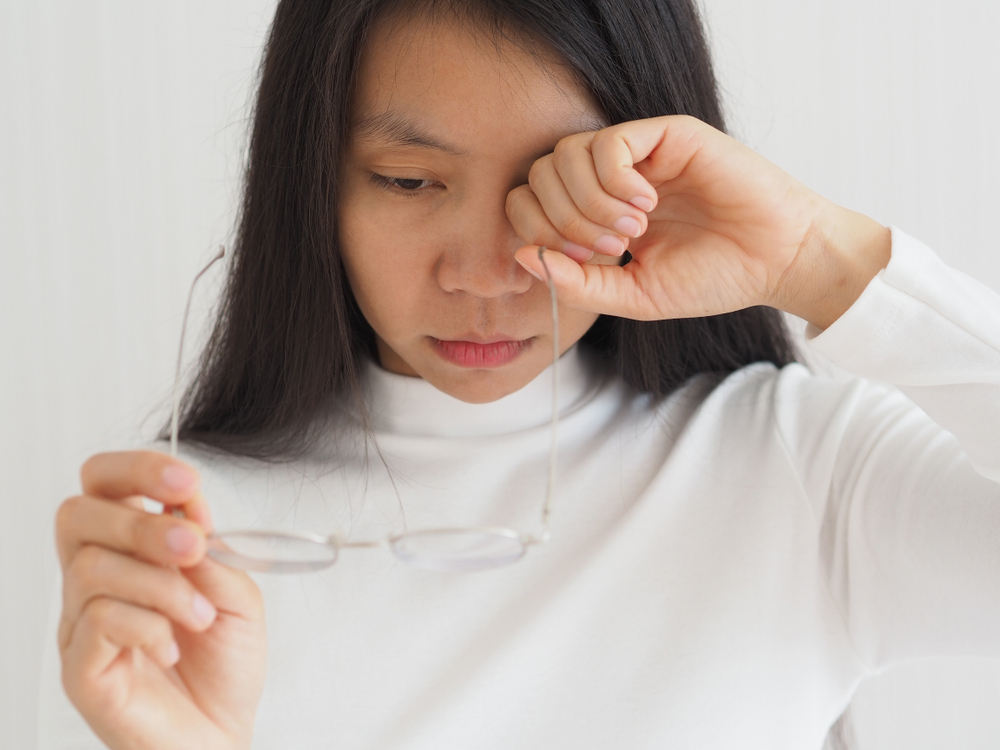
It’s common to see tiny specks or squiggles in front of the eyes occasionally, especially when looking at a light, bright background. They are usually caused by age-linked changes in the vitreous – the clear, jelly-like substance inside eyes.
Sort it:
Floaters are usually harmless. However, seek immediate medical help if they change in number, appearance, or frequency, as this could be a symptom of a detached or torn retina (when the retina separates from its attachments to the back of the eyeball). This needs prompt treatment to prevent vision loss.
Water Eyes

Blocked tear ducts, infection, irritation or inflammation of the eye surface as well as allergies such as hay fever, environmental factors and injury are all common culprits.
Sort it:
An optometrist can determine the exact cause and advise on treatment if watery eyes persist. There are many different types of over-the-counter eye drops and it is important to get the right one for you.
Blepharitis
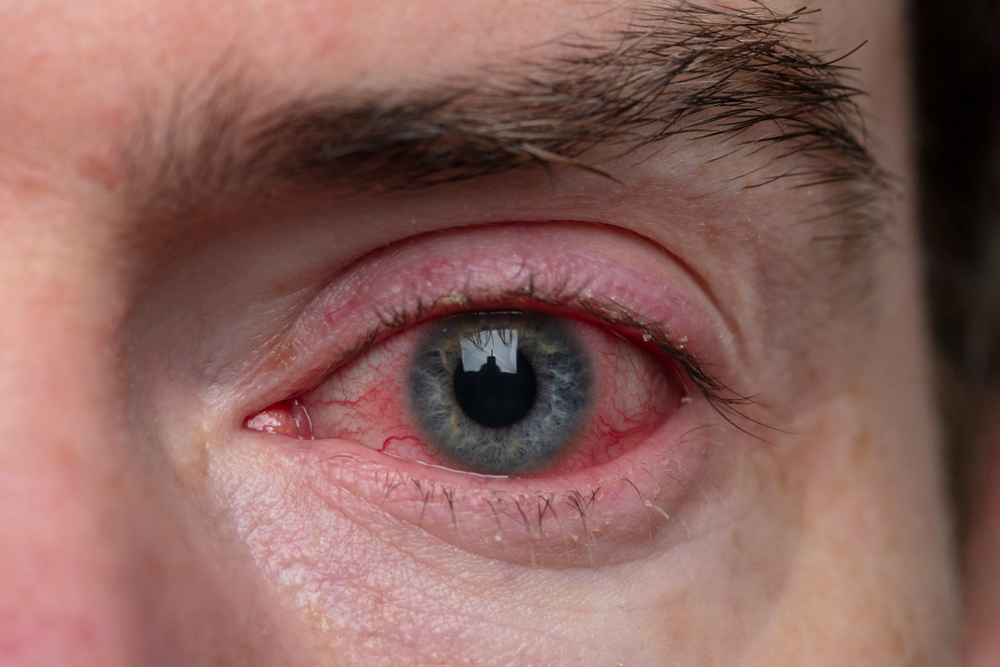
Red, swollen and sometimes sore, gritty eyelids are typical signs of blepharitis, a chronic condition, usually caused by an allergy or bacterial infection.
Sort it:
If you suddenly develop blepharitis, see your GP or optometrist to find out why. Cleansing eyelids with warm water can help as can eyelid wipes from your local pharmacy.
Blood shot eye
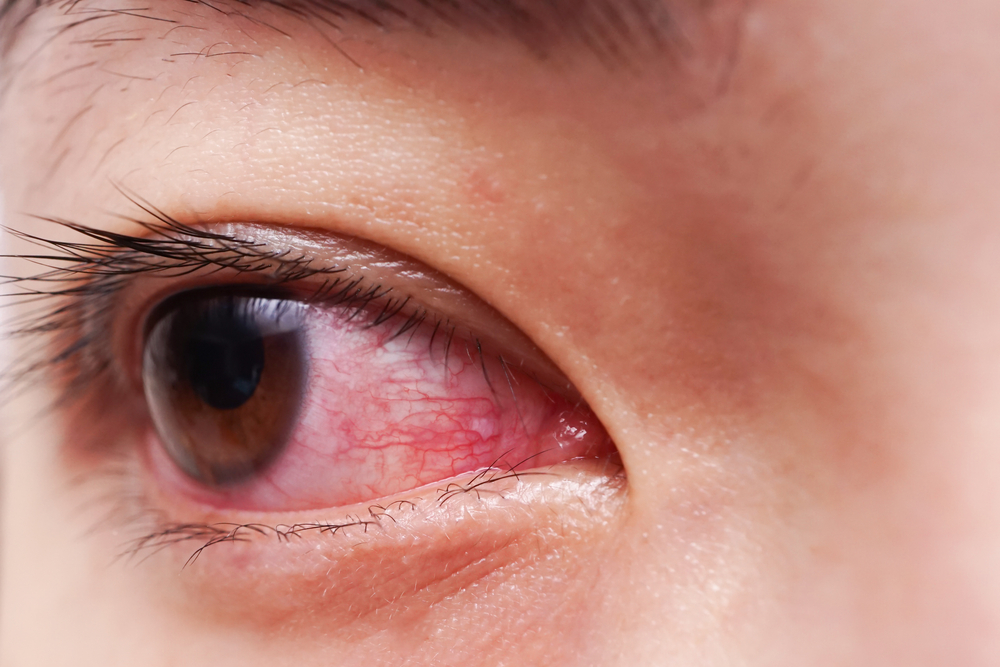
Allergy, eye fatigue, prolonged contact lens wear or eye infections such as conjunctivitis are the usual reasons. They can also occur as a result of a knock.
Sort it:
Your eye should return to normal after a couple of days. If the problem keeps recurring see your GP. There may be an underlying cause, such as high blood pressure
Dry eyes
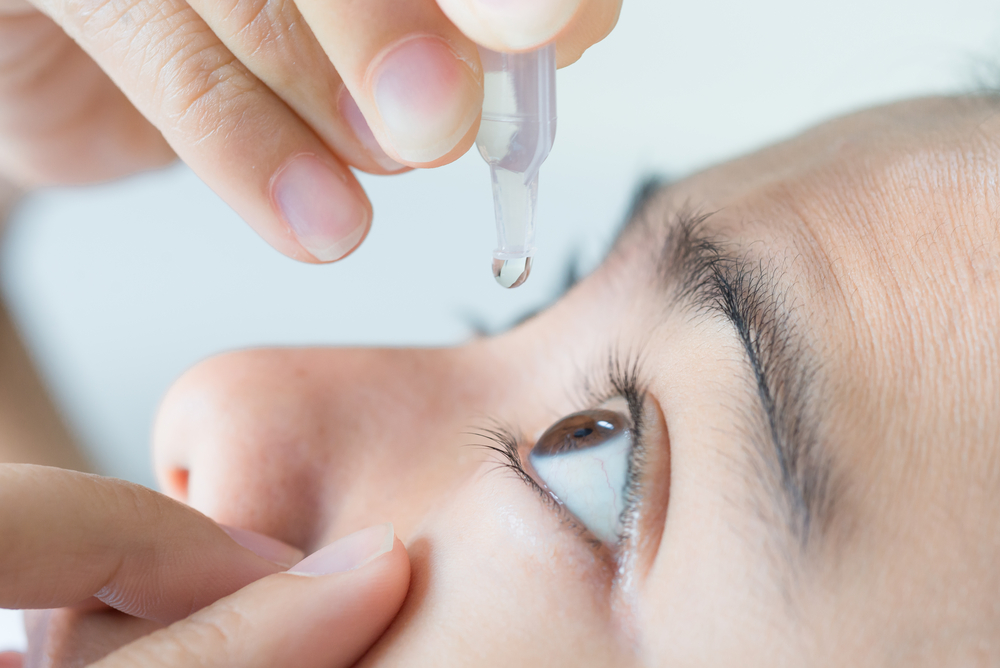
Dry eyes become more common with age and can be uncomfortable. They are usually caused by an imbalance in the constituents that make up tear fluid. They may also be a side effect of certain over-the-counter and prescription medicines such as diuretics, beta-blockers, antihistamines and some types of antidepressants. Digital eyestrain, a smoky atmosphere or central heating can also dry out eyes.
Sort it:
In the first instance make an appointment with an optometrist who may suggest eye drops. Make sure also you are wearing the right prescription and contact lens type, and follow the 20-20-20 screen time rule. Look away from your computer screen at least every 20 minutes and focus on a distant object (at least 20 feet away) for around 20 seconds. Working in an air-conditioned or centrally heated room? Keep a bowl of water or humidifier nearby.
Eye Check
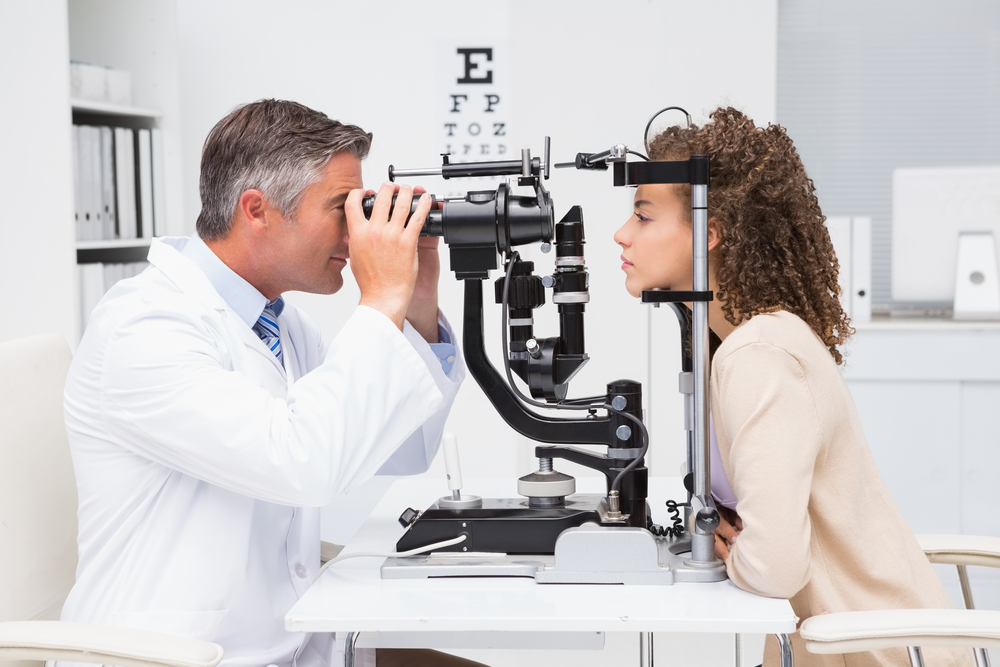
Follow these general tips to help take care of your eye health:
- Have an eye test at least every two years
- Wear sunglasses to protect from UV damage
- Eat plenty of antioxidant-rich fruit and vegetables – think kale, spinach and carrots
- Go for oily fish, such as herring, mackerel, sardines, swordfish and tuna. All contain omega-3 fatty acids, which may help keep eyes lubricated
- Herbal supplements such as bilberry extracts contain substances known as anthocyanoides which act as powerful antioxidants in lens and macular tissue and may help strengthen connective tissue, improving blood flow to the area. Meanwhile, eyebright has been used for centuries to treat eye-related problems and is worth considering, especially if eyes are tired and itchy.
- Take frequent screen breaks from electronic devices and make sure your computer screen is level with your line of vision.
Note:
The above is intended only as a guide. Always see an optometrist, GP or pharmacist with any concerns or visit the eye care trust website for more information.
This year’s National Eye Health Week runs from September 20th-26th.
To find out more, visit the vision matters website.

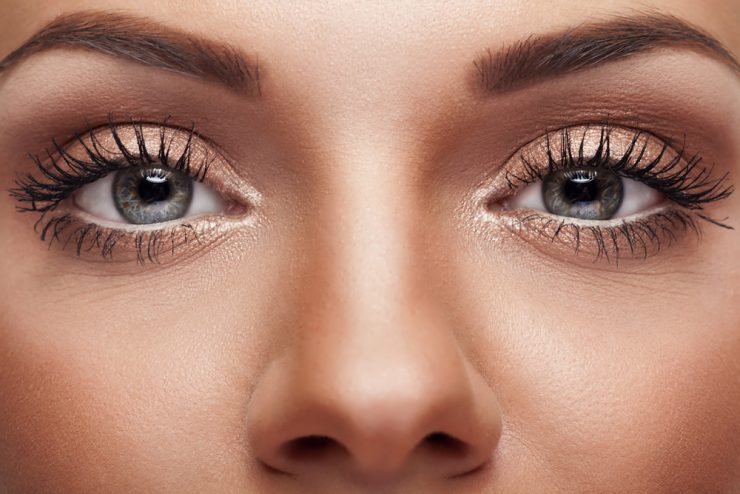


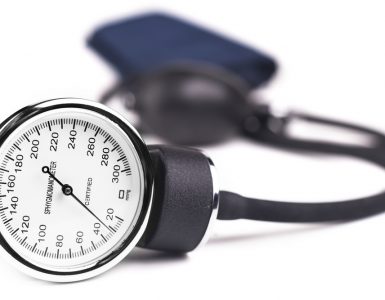




















Add comment